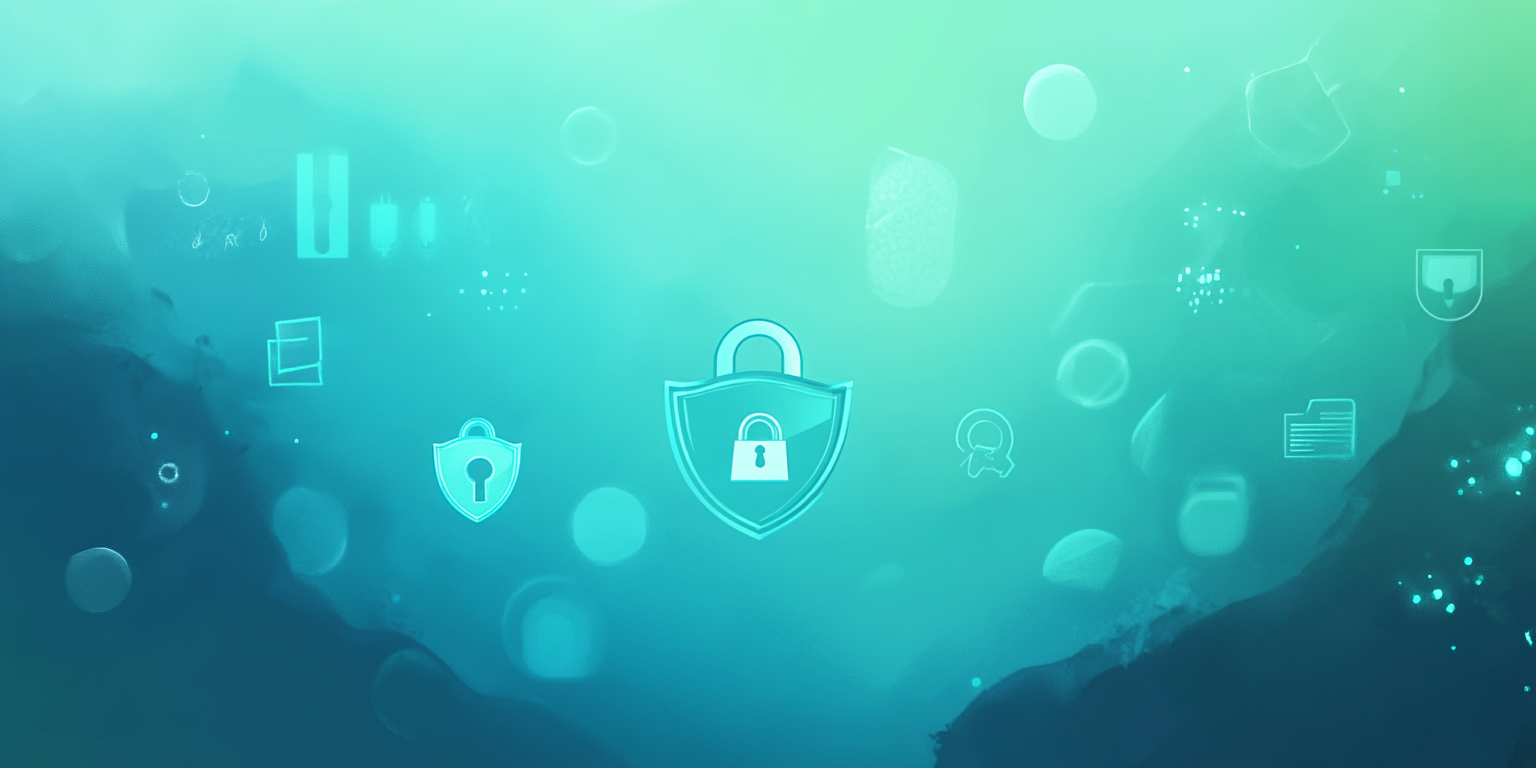
Ensuring the security of your WordPress site is crucial in today’s digital landscape. With the rise in cyberattacks and data breaches, it’s essential to implement robust security measures to protect your website and its users. Here are the top 7 WordPress security measures that every site needs to stay safe and secure.
1. Keep WordPress Core, Plugins, and Themes Updated
One of the most critical security measures is to keep your WordPress core, plugins, and themes up to date. Regular updates often include patches for security vulnerabilities discovered by researchers. Failing to update can leave your site exposed to known security issues.
For instance, WordPress core software is regularly maintained and updated. Minor updates are automatically installed, but major releases require manual initiation. Similarly, plugins and themes, which are maintained by third-party developers, need to be updated regularly to ensure they are secure.
2. Use Strong Passwords and Two-Factor Authentication
Weak passwords are a common entry point for hackers. Using strong, unique passwords and enabling two-factor authentication (2FA) significantly enhances your site’s security. Avoid using the default “admin” username and opt for a password manager to generate and store complex passwords.
Two-factor authentication adds an extra layer of security by requiring users to provide a second form of verification, such as a code sent via SMS or an authenticator app, in addition to their password.
3. Install a Reputable Security Plugin
A security plugin is essential for monitoring and protecting your WordPress site. Plugins like WordFence and Jetpack Scan can help detect malicious code, monitor user activity, and alert you to potential vulnerabilities.
These plugins can also help filter out special characters from user input, limit login attempts, and log user activity, which are all critical in preventing common attacks like XSS and brute force attacks.
4. Enable SSL/HTTPS and Use a Web Application Firewall (WAF)
Enabling SSL/HTTPS is vital for encrypting data transmitted between your site and its users. This not only enhances security but also improves your site’s SEO, as search engines like Google prioritize secure sites in their rankings.
A Web Application Firewall (WAF) is another crucial security measure. It examines incoming traffic and blocks malicious requests based on predefined rules, protecting your site from attacks like SQL injection and cross-site scripting (XSS).
5. Limit User Permissions and Monitor User Activity
Limiting user permissions reduces the risk of unauthorized access and potential damage. Assign roles to users that restrict their access to only what they need, and regularly monitor user activity to detect any suspicious behavior.
Logging user activity helps you identify and respond to security breaches promptly. This can be done using security plugins that log all user actions, allowing you to review them periodically for any signs of malicious activity.
6. Conduct Regular Backups and Security Scans
Regular backups are essential for recovering your site in case of a security breach or data loss. Use a reliable backup solution to ensure that your site’s data is safely stored and can be restored if needed.
Conducting regular security scans helps identify vulnerabilities and malware. Tools like Jetpack Scan check your site daily for dangerous plugins, themes, and other vulnerabilities, ensuring that your site remains secure.
7. Secure Your Hosting and Disable Unnecessary Features
Choosing a secure hosting provider is the first line of defense for your WordPress site. Ensure that your hosting provider offers robust security measures, such as firewalls and DDoS protection.
Disable unnecessary features like file editing in the WordPress dashboard and the xmlrpc.php file to reduce potential attack vectors. Also, consider changing the default WordPress login URL and hiding your WordPress version to make it harder for attackers to identify vulnerabilities.
Conclusion and Next Steps
Implementing these top 7 WordPress security measures will significantly enhance the security of your website. Remember, security is an ongoing process, and staying vigilant is key to protecting your site against cyber threats.
If you’re looking for professional help in securing your WordPress site, consider reaching out to Belov Digital Agency. Our team of experts can help you implement these security measures and ensure your site remains safe and secure. For more information or to get started, visit our Contact Us page.
By following these best practices, you’ll be well on your way to safeguarding your WordPress site and maintaining the trust of your users.













